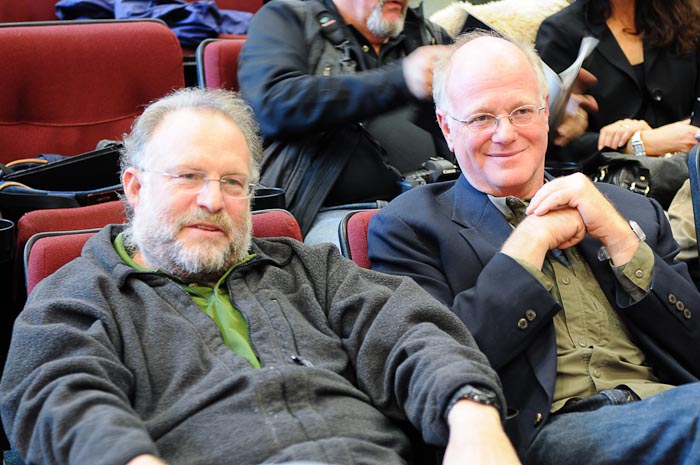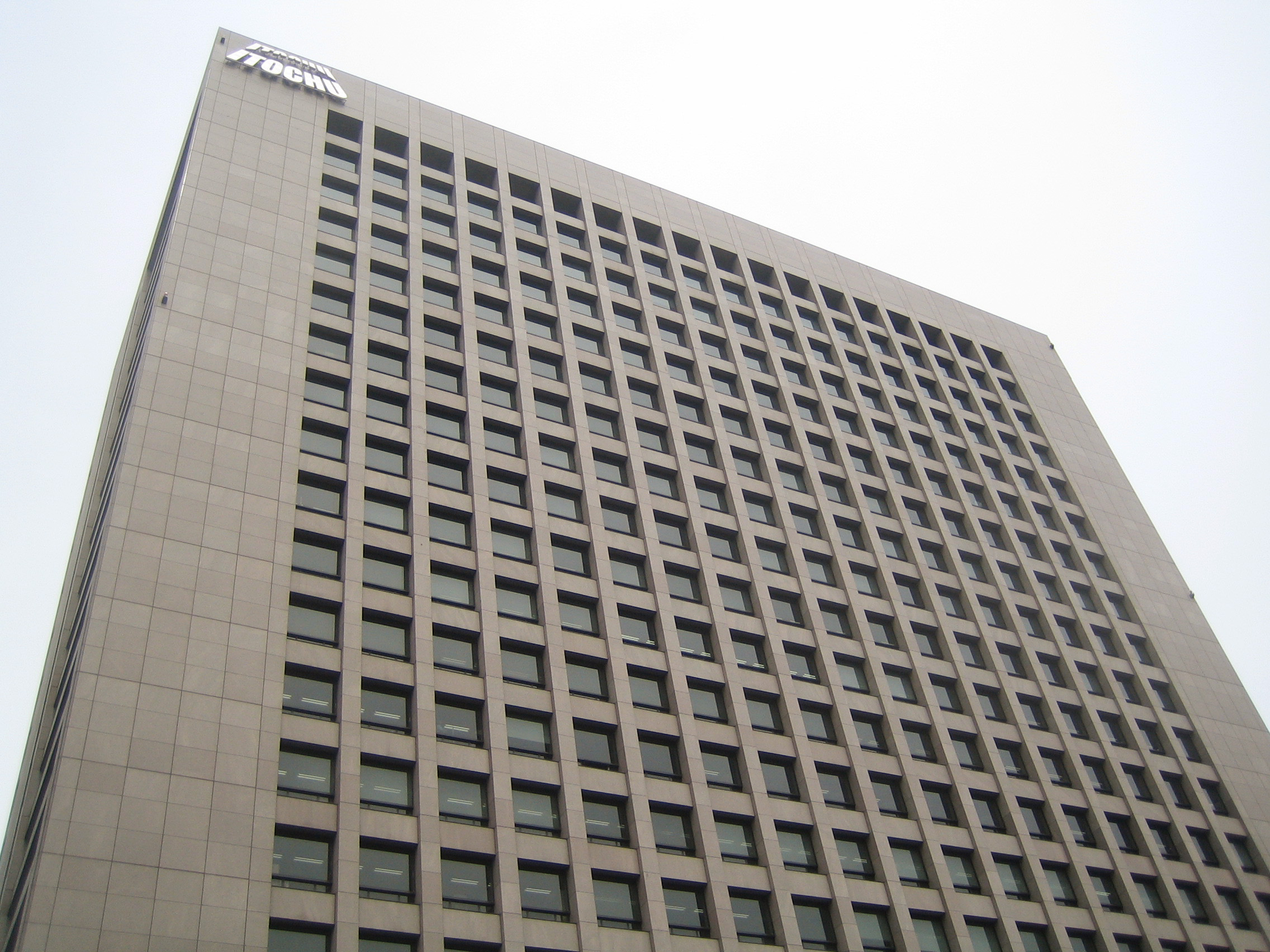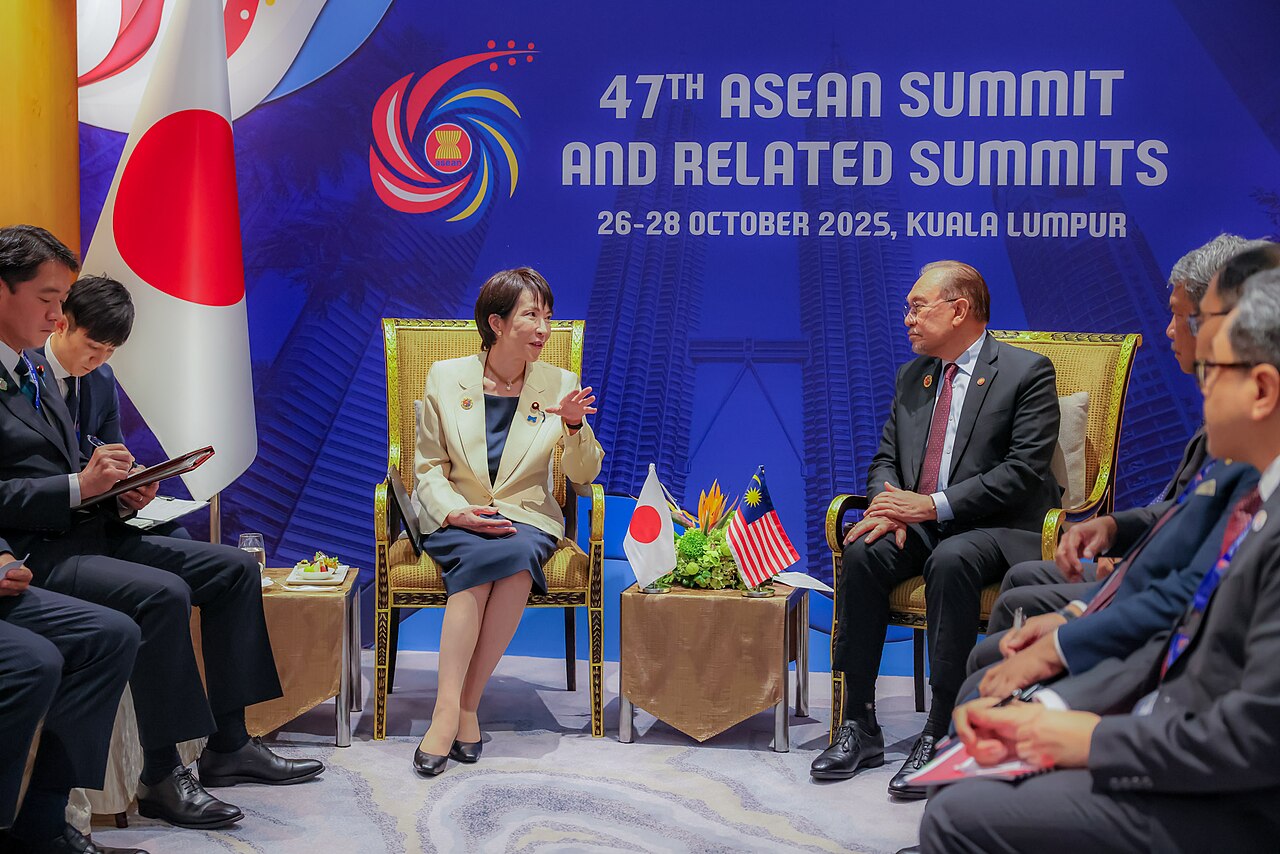Since the International Court of Justice’s injunction in January on the provisional measures requested by South Africa that Israel is to make all attempts to cease activities that could be considered genocidal, a wave of protest, divestment, and boycotts among civil society, business, and political entities has quickly spread across the world.
It’s the sort of thing a reader might expect from corporations or other groups in the face of Israel’s obvious culpability in what is at least a brutal humanitarian nightmare, and at most a deliberate genocide, however because it involves Israel, it’s more newsworthy, since the Zionist regime in Jerusalem has for decades engaged in a strategy of blocking or interfering with “BDS” activities among nations it counts as its allies.
BDS stands for boycott, divestment, and sanctions—on Israel over her conduct against the Palestinians. Israel’s combatting of these activities has seen instances of shocking success; getting many US states to pass laws forbidding individuals and corporations from engaging in BDS.
But the unquestionable and singular brutality in this attack on Gaza has rolled back some of the success of this long string of victories.
One of the largest firms in all Japan, the Itochu Corporation, recently ended its partnership with Israeli defense firm Elbit Systems. Most importantly though, rather than convict Itochu for this action, the Japanese Foreign Ministry told the company to observe the ICJ ruling.
The two firms had signed a MoU last year, but waves of popular protests caused Itochu to end the MoU entirely in February. Once the news reached FamilyMart, a major food and grocery chain in Malaysia owned by Itochu, the company released a statement saying: “FamilyMart Malaysia reiterates our stand that we do not support the violence or killing (in Gaza). FamilyMart Malaysia does not contribute to or donate to, or deal with Israel”.

Success where others have failed
BDS was a movement founded by Palestinians and their supporters around the world as a way of exerting soft power against Israel. According to Middle-East Eye, only 8 US states hadn’t seen attempts to pass anti-BDS legislation in 2019. By 2022, 35 states had passed legislation or executive orders that either restrict or ban individuals or companies dealing in state contracts from boycotting Israel.
In France, in 2009, anti-BDS legislation saw a French mayor criminally convicted for stating that grocers in his city should avoid importing Israeli fruit juice as a means to combat “anti-democratic politics”. The European Court of Human Rights upheld the conviction, as it did not see a violation of the freedom of speech. Another decision was made more notably against 12 protestors who entered a supermarket and distributed literature instructing shoppers how to boycott Israeli imported food products. Each was fined €1,000, and an appellate court upheld the decision, saying it was discriminatory.
Similar judgments have been rendered in Spain, the UK, and Germany, at national and municipal levels. The most recent high-profile case was that of Ben & Jerry’s ice cream.
On July 19, 2021, it was announced that Ben & Jerry’s planned to end sales in “Occupied Palestinian Territory,” within which Israeli settlements are considered illegal under international law. However, its parent company Unilever stepped in to ensure sales in the West Bank continued through the Ben & Jerry’s Israeli subsidiary which markets their products in Hebrew.
Boycotts have swarmed many huge firms, from Starbucks to AXA, in the wake of the onslaught in Gaza, but few have succeeded beyond Itochu.
But an unexpected source of BDS pressure has emerged since the ICJ ruling: the political sphere.
Typically the last social class to criticize Israel, more than 20 politicians wrote to the European Broadcasting Union (EBU), which is responsible for organizing the Eurovision Song Contest, on Tuesday saying Israel’s participation in the contest “whitewashes a regime that is carrying out ethnic cleansing in Palestine and committing war crimes and genocide,” Al Jazeera reports.
The politicians were mostly from a left-wing Spanish party (anti-BDS legislation is on the books in Spain) and while they acknowledged that the EBU has always sought to maintain political neutrality, they pointed out that it vetoed Russia’s participation in the contest from 2022 in response to her invasion of Ukraine.
Also, the regional government of Wallonia in southern Belgium temporarily suspended two arms export licenses to Israel on Monday, citing “the 26 January order of the International Court of Justice, the principal judicial organ of the United Nations, as well as the unacceptable deterioration of the humanitarian situation in the Gaza Strip”.
“As a state party to the Convention on the Prevention and Punishment of the Crime of Genocide, Belgium must respect a duty to prevent genocide,” wrote several NGOs and advocacy groups. “This implies in particular not providing Israel with the means enabling it to commit acts amounting to potential genocide”.
Lastly, Saudi Arabia’s Foreign Minister issued a statement on Tuesday regarding talks he shared with the US on the Arab-Israeli peace process. Contrary to the progress made by Israel and the US in signing the Abraham Accords, there will be no diplomatic ties with Israel going forward without an independent Palestinian state. WaL
PICTURED ABOVE: Itochu’s Tokyo headquarters. PC: Public Domain



